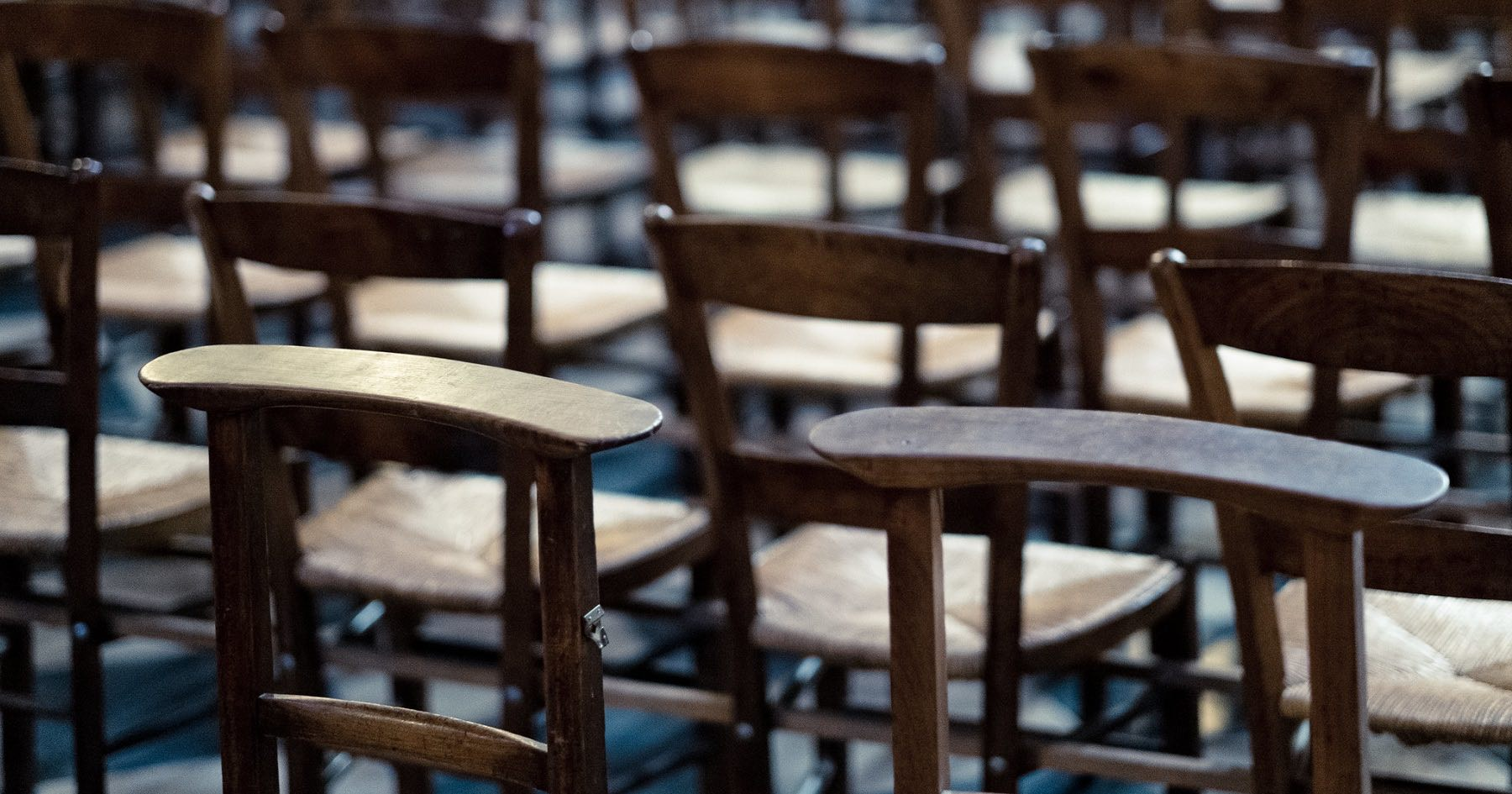The antique shop was large. I found myself in it only because my family was in a nearby store, and, since I’m not much of a shopper, I was just putting in time.
Near the back, standing half hidden between other elderly pieces of furniture, I saw it. It was among those pieces that were not expected to raise a great price, so it was not presented attractively. I noticed some dust and some marks here and there. It was what was once called a prie-dieu, a simple padded wooden kneeler with a front rail on which to lean as one knelt.
Prie-dieu means “pray (to) God.” This simple piece of furniture would have come from a small church or chapel, perhaps even a confession booth. Its placement here in this antique store seemed to communicate a sad irony.
Many in our society would consider all that this old confessional prie-dieu stands for as passé. Who needs, they might say, to kneel in childish dependence, to whisper our self-doubts, guilts and fears to a faraway and even debatable God? After all, we are mature, modern, 21st century people!
The ironic thing, however, is that in our society, millions of people hunger for a relationship in which they can share those same timeless self-doubts, guilts and anxieties. Sometimes we turn to the large army of professional listeners we have recruited: counsellors, psychologists, psychiatrists and therapists of many kinds. We carry out in the comfort of their offices what countless people did on this old prayer kneeler. They called it confessing their sins. However, we now feel such language is moralistic, even judgmental. We have other language. In the long-ago final decades of the last century, we called it “letting it all hang out.” In the early decades of this century, we call it “telling my story.” Or, to use a slightly more comfortably distancing phrase, “seeing my therapist.” But no matter the language, the fact remains that it is, and always will be, our confession.




